Some good news first: More money is pouring into venture capital from traditional sources plus relatively new ones like hedge funds and Special Purpose Acquisition Companies, better known as SPAC1’s . Women’s share of venture money for their projects has hovered, at best, at a paltry 3% and actually went down during the pandemic. Statistics on this may vary, but clearly women are not getting their fair share.
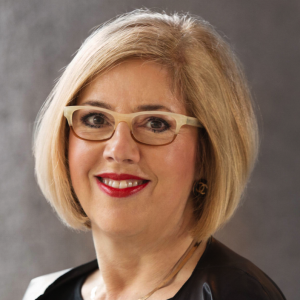
Is it out and out prejudice against women? Some point out that the overwhelming majority of decision makers in venture are men, and they fund who and what they know – other men. Others say the pandemic had an effect. And going the Venture Capital route isn’t for everyone. Not for men either. According to Shelly Porges, Managing Partner of Beyond The Billion, “Only 11% of all business gets venture capital, male or female. That means 89% of all businesses, men and women’s don’t get it.”
She points out that “it’s not just personal biases; it’s systematic biases that exist in the system.“ But women aren’t taking it lying down. A share of investment funds have cropped up that specifically provide capital to women-led ventures. These women angel investors are playing a role.
Who and what is getting funded? It is principally Tech. It can be medical, clean tech, educational tech, high tech, institutional, marketing technology, but it is Tech that gets the bucks. Porges launched The Billion Dollar Fund for Women in October, 2018 as a two-year campaign (2018 – 2020) followed by Beyond The Billion as a four-year pledge campaign (2020 – 2023), after they had mobilized the first billion. “You have to be able to demonstrate a very high growth rate. That’s usually tech or tech-enabled.” Venture needs to address a big market with a big idea with an advantage, such as a patent, have a team and a high growth rate.”
Porges thinks that men can get funded “with some staff and little else.” “Women are held to a higher standard.” “We all have personal and systemic bias,” she acknowledges.
Female heads of companies can turn to The Council, a venture fund of angel investors, if it’s a tech project. The Council funds “technology that is transforming traditional industries—Logistics, Health care, Fintech and Future of Work,” says its head, Amber Illig. She acknowledges there is bias because “in early fundraising rounds, investors must make decisions primarily based on the vision and the founder. “At first, the only thing you can judge is the market and the vision. People invest in who they know. That gives them comfort.”
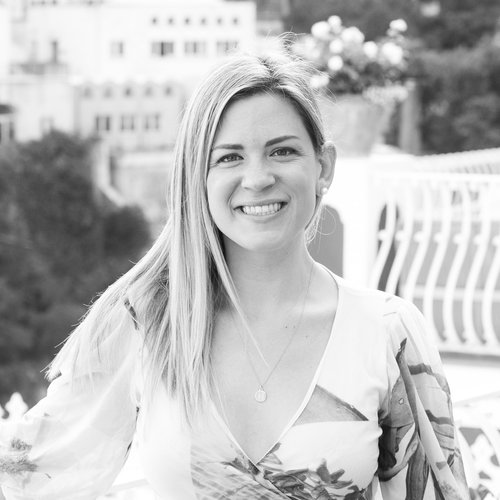
Illig suggests when pitching: Don’t stress that you are a female funder right at the top. “They’ll put you into a charity diversity bucket,” and those funds don’t offer as much money, she believes. “ It’s better to focus on finding common ground and share what differentiates your team and the business beyond demographics.”
“Research the investors you are talking to. Adjust your style to different investors.” Generally, The Council has a fund that writes $50K to $250K checks into Pre-seed and Seed-rounds. The Council’s community of angel investors, 77 strong, often invest alongside the fund and write checks between $5,000 to $60,000 each.
One of the earliest groups of angel investors targeted to backing women is Golden Seeds. Kathryn Swintek, Managing Director and Managing Partner of Golden Seeds Fund 2, explains that about 2/3 of their investments are in tech, hardware, software, data analysis and a wide variety of applications including cyber security and clean tech. Their other investments are in health care and a few consumer businesses.
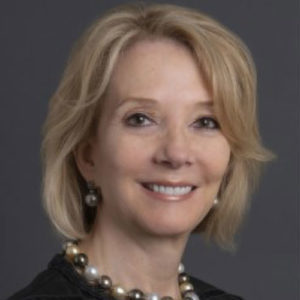
Golden Seeds takes on about 12-15 new projects a year and 15-20 follow-on rounds, as their portfolios grow and expand their investors. Swintek’s angels and colleagues look for “compelling projects” “that are solving a big problem that will become apparent in the near term.” “If it’s problem that we’ve learned to live with, that’s less attractive.”
If it’s a “new way that’s significantly better, faster, cheaper, then people will pay attention”. “Do we think the company will offer a much better product or service that the target market will embrace?” One concern: You can have a great product or service, but how do you get the word out without breaking the bank?
Swintek points out market opportunity is key. How big is that addressable market? You need “an entrepreneurial team that is coachable and a CEO, who has presence…one who can communicate the story to investors and talent alike, who can attract the right team, as they scale up.”
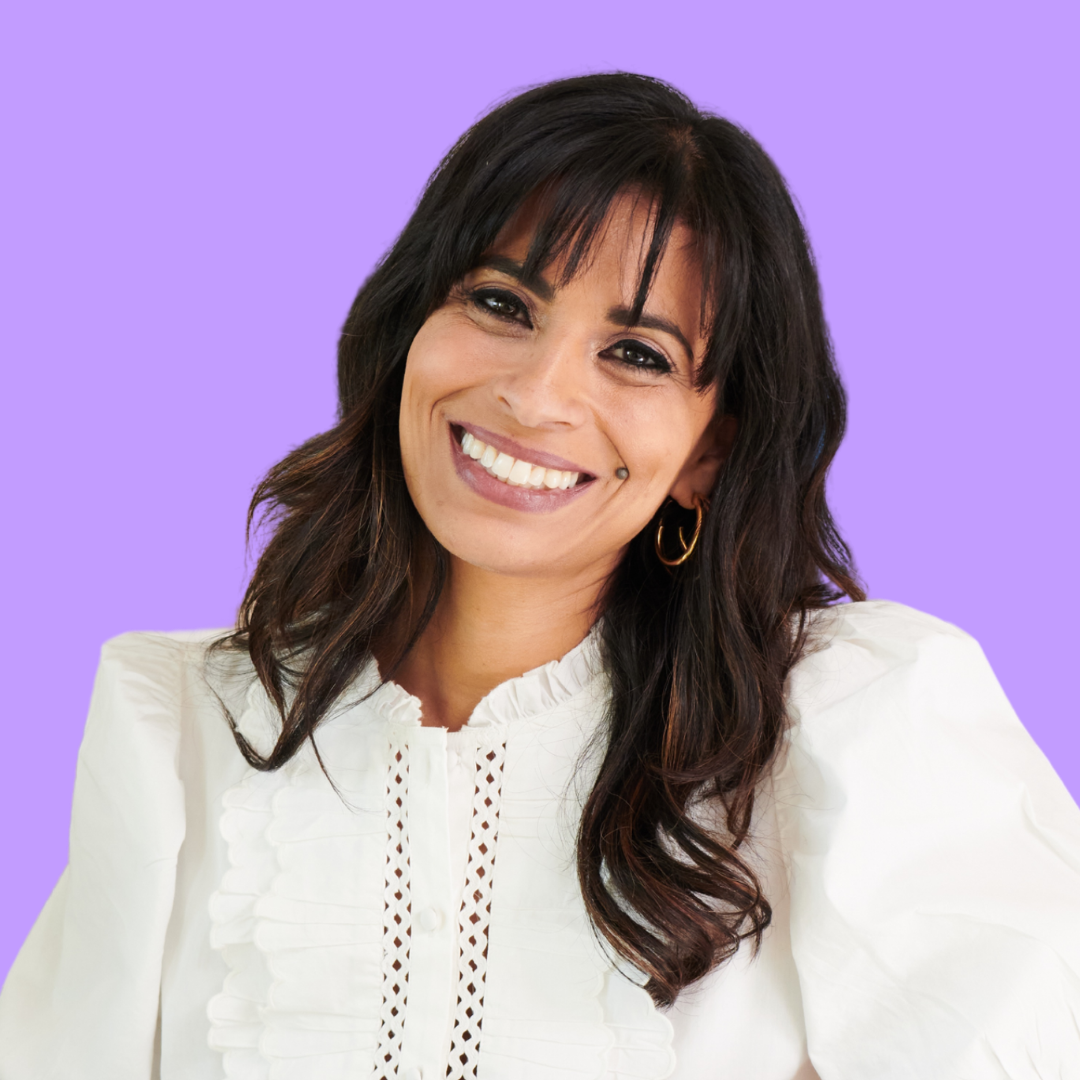
Around the U.S. funds keep cropping up focused on funding women’s entrepreneurial efforts. One fund aimed at female founders is – simply — The Female Founders Fund. Based in major cities around the country, the Fund has raised seed capital for Business To Business, Fintech (Banking), Healthcare and more. They do so to the tune of $500 K to $750 K, promising a 4-6 week turnaround. For the few investments they make a year – just six to eight — the Fund provides a network and guidance to get recipients to the next level.
The Female Founders Fund is headed by Anu Duggal. These days Duggal’s fund is interested in sectors of the economy that have grown during the pandemic, including digital health startups and workplace efficiency tools.
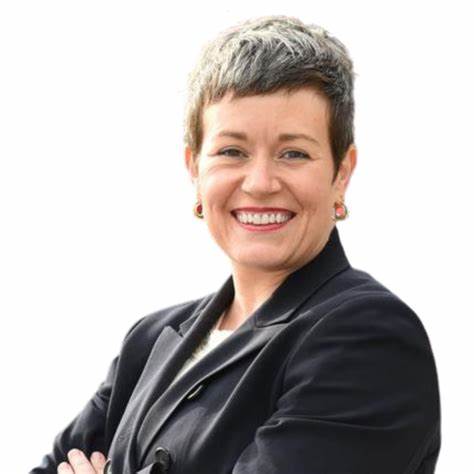
Another fund offering early seed funding rounds is Valor Ventures for women and people of color. Valor describes its founder, Lisa Calhoun, as the first black woman to head such a fund.
The Fearless Fund is only for women of color. The Fund gives early money along with mentoring guidance. That includes pre-seed, seed and Series A money, the first venture capital for a startup.
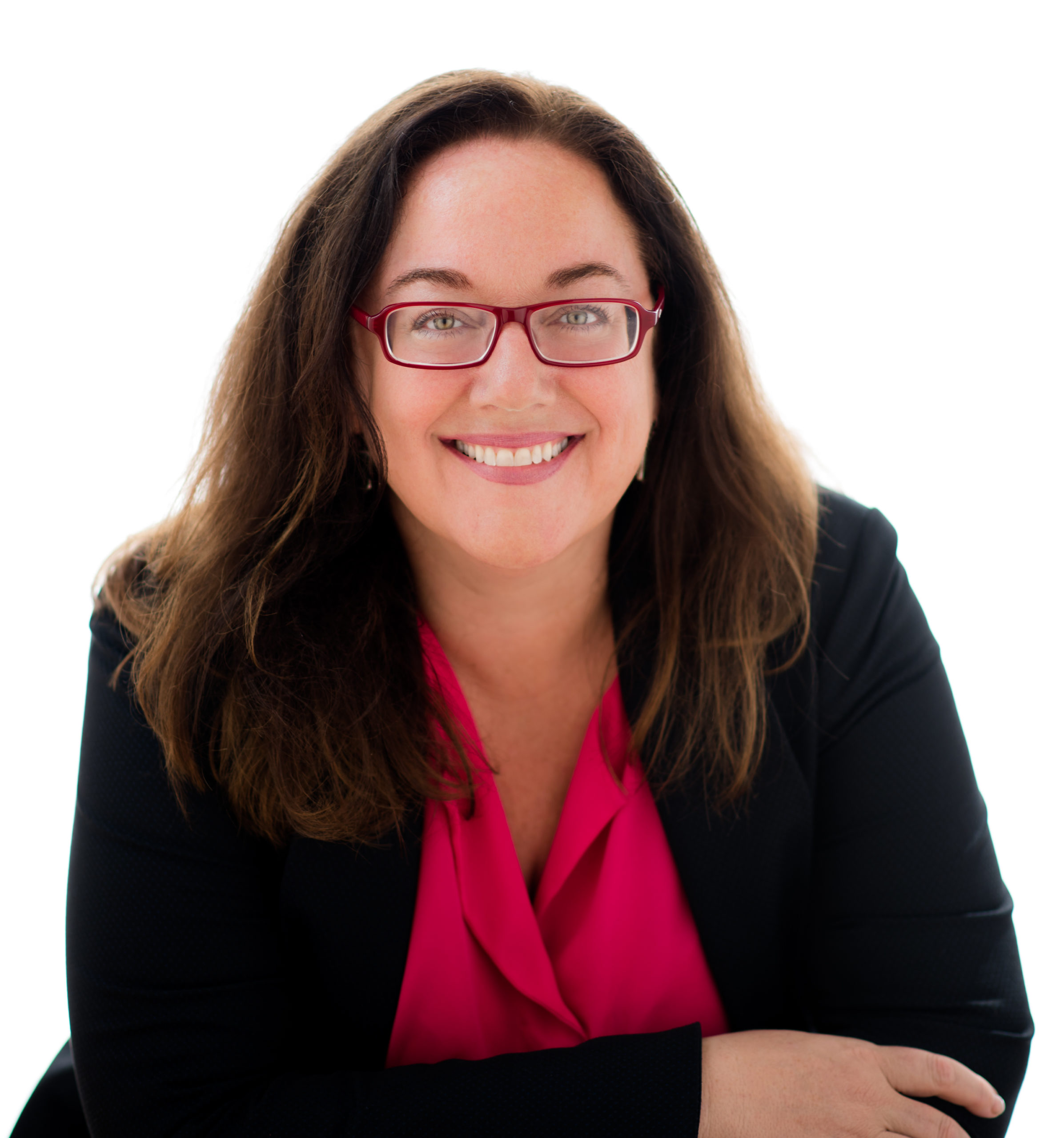
How Women Invest provides money and an investment network of influential women leaders to support startups, especially women of color. Julie Castro Abrams is its founder and CEO.
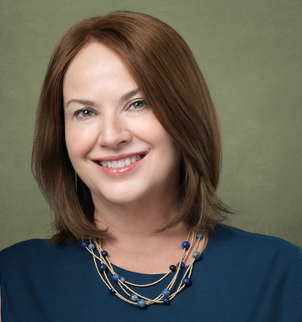
Portfolia’s CEO Trish Costello, too, wants to give women a seat at the table. Of its 1300 investors 97% are women. With $40 million under their management, the fund invests in early and late stage to just before the Initial Public Offering.

Belle Capital’s principal is Lauren Flanagan. The group is an early-stage venture fund that invests in high growth tech companies in underserved capital markets around the U.S. Capitol.

1843 Capital invests in projects brought to them by both men and women. Founding partner Tracy Chadwell says, “We are naturally predisposed to a lot of women founders. But we are not generally what is called a ‘gender lens fund.’ ” One area of 1843 investments is in what she calls the “Silver Tsunami,” targeted at solving problems for people their later years. (10,000 Americans turn 65 every day, according to Chadwell.)
Take women in menopause, for instance. 1843 is investing in Midi which provides health solutions for women in that phase of life. Another, Recuro Health, approaches aging from a genetic standpoint, using digital health solutions. And there’s Cariloop. 1843 is investing in this Human Resources benefit that corporations can offer: coaches and emotional support for clients who are caregivers as well as being employees.
Moving out of the silver space: investments in cryptocurrency. 1843’s stake in that arena is a company called Custodia, which targets institutional investors. Custodia acts as custodian for their digital assets, like any bank would. Tracy says that it is only software company that has such a banking license. Based in Wyoming, it’s run by a woman.
And how about that bias against women? It’s a case of “women being able to access the system,” says Shelly Porges. Porges encourages women to look at other funding sources as well. “There’s a full spectrum of funding sources beyond VC.” And that’s more good news.
According to Golden Seeds, women’s entrepreneurship is growing. In 2019, there were 13 million women-owned businesses in the U.S. “Between 2014 and 2019, the number of women-owned businesses increased 21%, compared to a 9% increase among all businesses. That’s a growth rate of nearly 2 l/2 times the national average.” More good news
WILLIAMS SISTERS VENTURE INTO VENTURE

When you have a cool $60 million in earnings (and lots more) to invest, what do you do? Well, start a venture fund, as world tennis champion player Serena Williams did. Appalled at the miniscule number of women founders in VC, Serena got into the game. Serena Ventures is serving up capital mostly to women and people of color.
Her company is funding more than 50 startups with three-quarters of her investments aimed at early stages. Her company lobs seed money at everything from Financial Software (Coinbase) to Apparel (Honeylove) right on through to Food Delivery (Daily Harvest). Those deals have other limited partners such as Norwest Venture Partners, Capital G (an Alphabet growth fund) and Lion Tree. We’ll see if it’s “Advantage: Serena!”
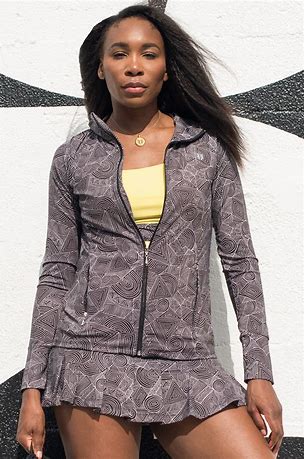
Venus Williams is no slouch when it comes to business. The tennis champ extraordinaire holds a business degree and has been an angel investor for several years. Along with her interior design business (VStarr Interiors), clothing line (EleVen), and architecture interests, there’s her thirst for travel. (She’s invested in Richard Branson’s Virgin Voyages…the billionaire’s cruise line.)
Putting her million into several startups with lofty goals, Venus is a prime backer of Elevest, an investing platform specifically for women. Williams is backing other Early Stage ventures that feel “of the moment.” Quit Genius, aims to end nicotine addiction and HumanCo is an investment firm that builds companies aimed at healthy living. Grand Slams? Who knows? Here’s hoping Venus’ investments have long legs.
$2 MILLION IN A CANNABIS BUSINESS – HIGH TIME!
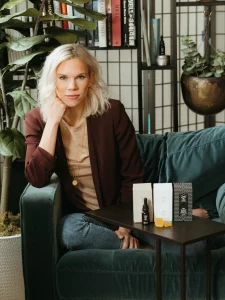
Yes, marijuana can change things for the better. Two million in venture money for a cannabis business turned life around for Amanda Goetz. She is founder and CEO of House of Wise, a company that sells luxury cannabis-related products on its website and on Amazon. The site proclaims, “Take control of your peace, rest, and pleasure.”
Goetz was a divorced mom with three kids and a marketing background (former Marketing VP at The Knot) when she struggled to develop the business. (Arcview Market Research says legal cannabis sales grew to $5.4 billion in 2015. About 92% percent of the growth was in medical use.) Following the dictum, “Don’t Quit Your Day Job,” she segued to marketing half-time for another company as she developed House of Wise.
“Wise” was the last name of the woman who developed the Tupperware sales model. Goetz’ sales force, around the country, sold House of Wise products to friends to earn commissions. “I believe this distribution strategy is critical to mass adoption of cannabis as well as shattering the stigma around needing help in areas like sleep, sex, and stress,” Goetz said.
Today House of Wise is online with a full range of high-quality CBD products – sex gummies or sleep drops anyone? How about a “curated bundle of products” at $148 a pop?
To get the business off the ground she turned to venture money to pay the growers, chemists, and even a chef, to develop her products. Venture money was led by Sugar Capital. Others who joined were Selva Ventures, Max Ventures, Fabletics cofounder Jack McCue, Focus Brands’ former president Kat Cole, and the women’s podcast network Dear Media. Add to that NBA star David Baron, who was featured in Forbes magazine touting his investment in House of Wise.
Goetz christened her sales force “Wise Women.” The same could be said of Amanda herself!
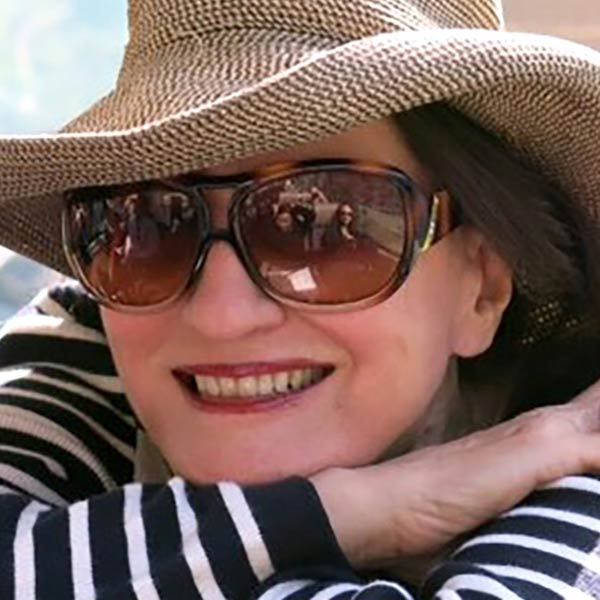
Norma Davidoff is a TV Producer and former on-camera reporter, Chair-NY Women in Film & TV Archive Project and now a travel and features writer. She has the breadth of writing experience to make an ideal Contributing Editor for womensbiz.US.

